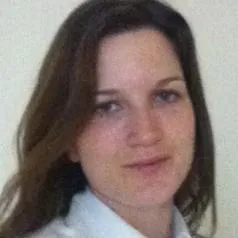 An image of Dr Gráinne McLoughlin
An image of Dr Gráinne McLoughlin
Dr Gráinne McLoughlin (Institute of Psychiatry, Psychology and Neuroscience)
Dr Gráinne McLoughlin is a Senior Lecturer at King’s Institute of Psychiatry, Psychology and Neuroscience. She is a Cognitive Neuroscientist studying brain function in neurodevelopmental and psychiatric conditions, often in the context of genetic, familial and environmental influences. Her work has focused on the study of electroencephalographic measures of brain signals in attention deficit/hyperactivity disorder (ADHD), autism, eating disorders and depression.
Gráinne is passionate about improving diversity and inclusion in her research and has innovated ways of achieving this, including the introduction of data collection outside the laboratory via the use of mobile, or portable, electroencephalography (EEG). Shortly after her appointment to King’s, Gráinne was awarded an MRC New Investigator Grant, which has funded the largest mobile EEG study of ADHD and autism in the world to date. A key outcome of this study was the increased research participation that mobile EEG allowed, as the majority of participants with autism and ADHD requested to participate from home. This provided proof-of-concept that mobile EEG testing can improve accessibility and participation in research for potentially underrepresented groups.
Read Dr Gráinne McLoughlin’s research portal profile.